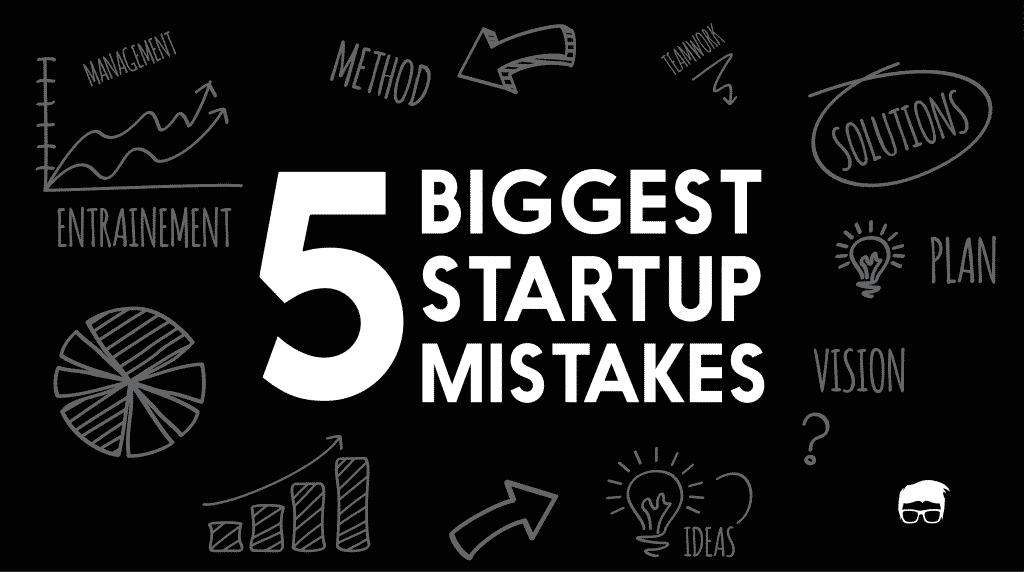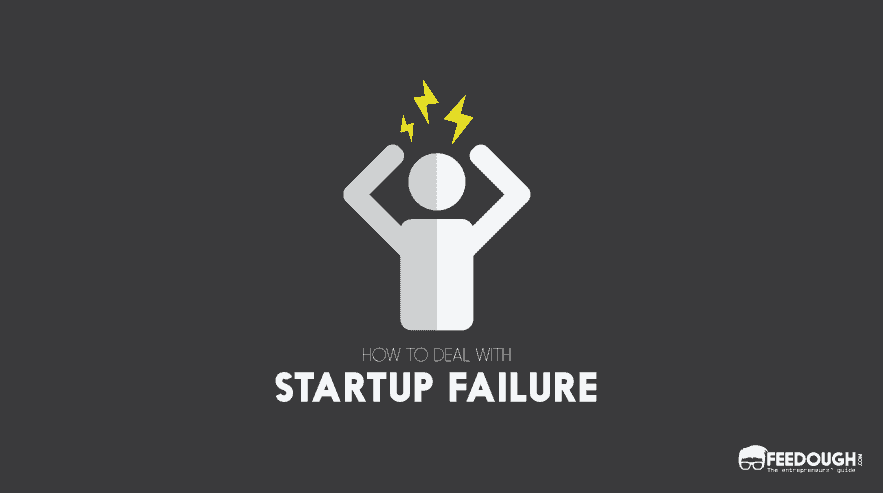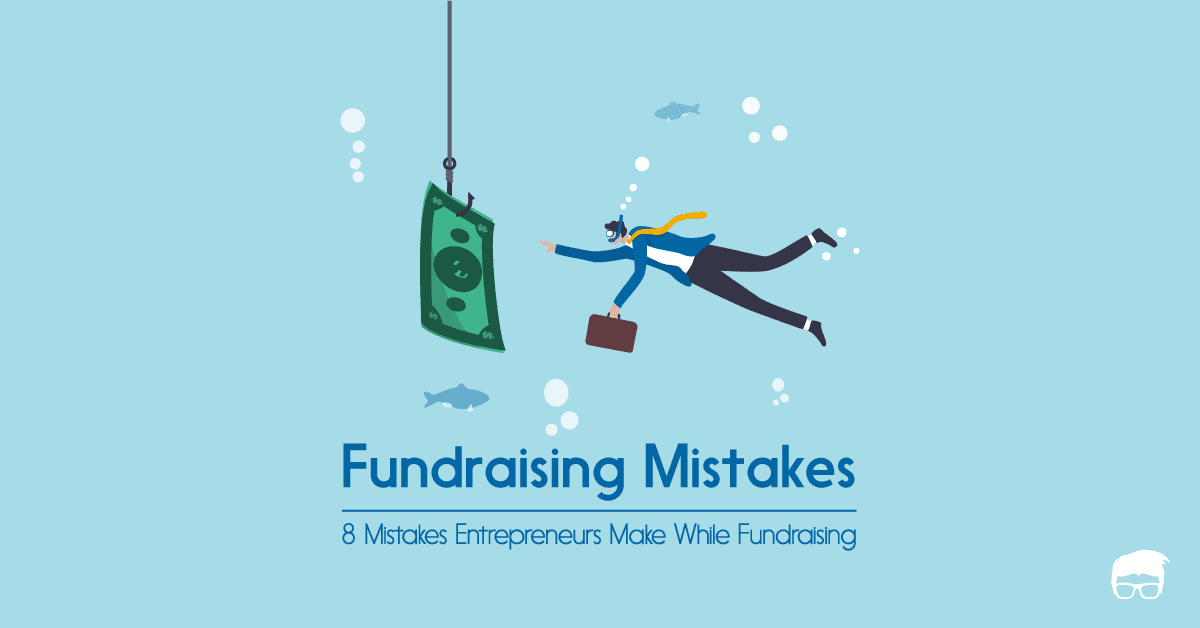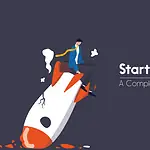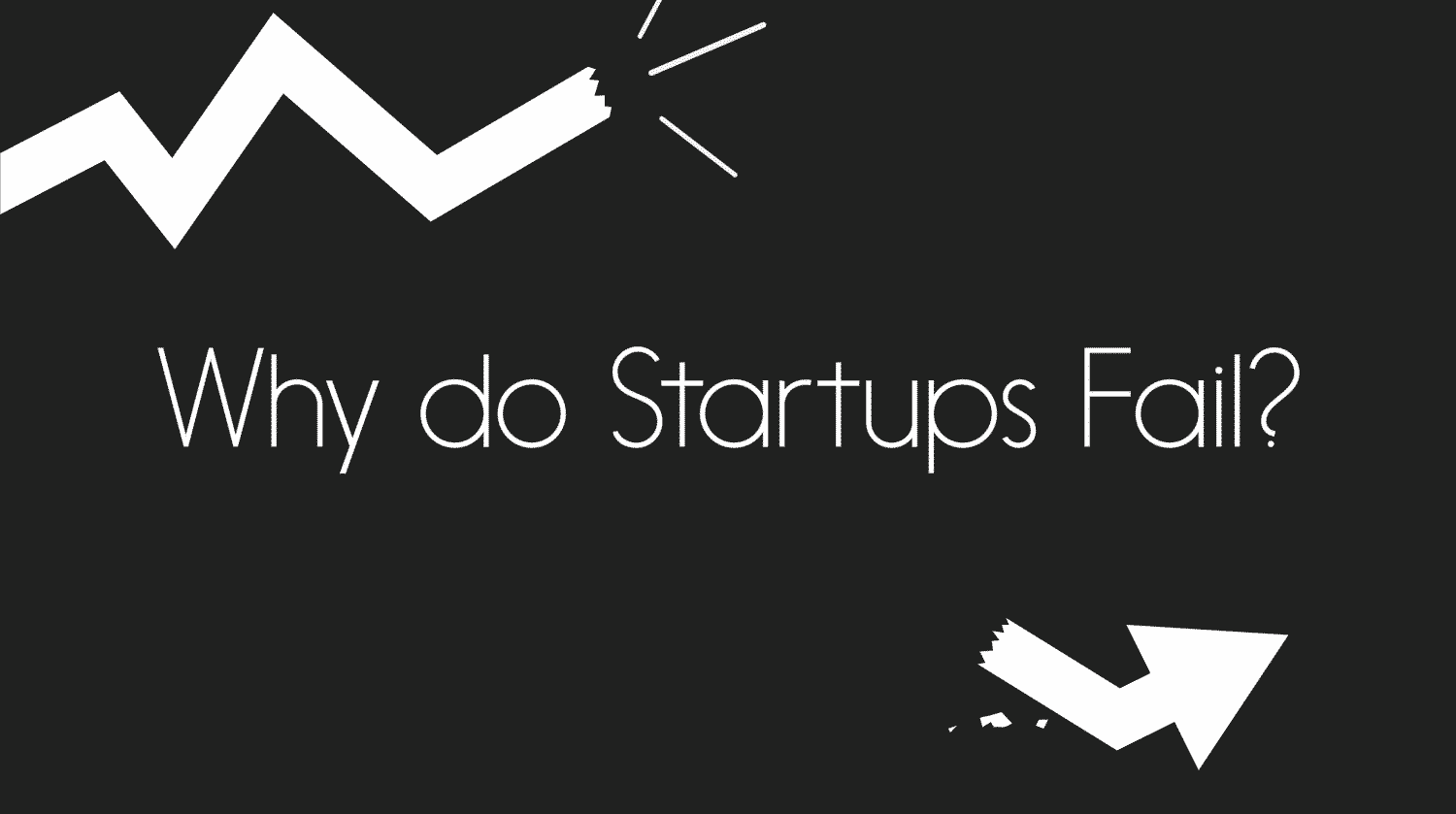90% of startups fail.
Scary?
But here’s a more terrifying fact:
90% of the time, startups fail due to self-destruction and not due to the competition.
Starting up could be the best decision of your life. However, succeeding with your startup requires many more good decisions. The market is full of other startups and big dominant players which will do anything to keep you away from their customers. You not only require a foolproof business plan but also need to avoid common mistakes every entrepreneur commits.
5 Biggest Startup Mistakes And How To Avoid Them
While innumerable startups fail every year, there aren’t innumerable mistakes which lead to their failure. Here’s a list of 5 startup mistakes you should avoid at any cost.
Premature Scaling
“We scaled up too fast. We should have actually cracked one market completely before venturing out into any other market. If I were to look at Housing again, I would rather crack the model locally and keep refining it before taking it anywhere else in the country. I would scale up for profitability than for burning.” – Rahul Yadav, ex CEO of housing.com who was sacked from his own company.
Premature scaling is the biggest mistake any startup entrepreneur could make. Around 70% of the startups scale prematurely.
But what exactly is premature scaling?
In order to understand premature scaling, one must be clear with the term scaling itself. Scaling is when there is an increase in the dimensions [customers, products, team, business model, funding] of your business.
Premature scaling is when a startup scales one dimension of the business and advance it out of sync with the other dimensions. For example:
- Hiring too many employees too soon.
- Investing too much in the product before conducting market fit analysis
- Raising too much money too soon and overspending it.
- Trying to tap many markets at once.
- Focusing too much on profit maximization too early.
According to the Startup Genome Report:
- The team size of a prematurely scaled startup is 3 times bigger than a consistent startup at the same stage.
- 93% of startups that scale prematurely never break the $100k revenue per month threshold.
- Startups that scale properly grow about 20 times faster than startups that scale prematurely.
Going Solo
Maximum of the times, going solo becomes the root cause of all the startup mistakes an entrepreneur commits in his startup journey. One of the biggest reasons why entrepreneurs decide to go solo is his lack of confidence in other people.
Most of the times, an entrepreneur isn’t capable of doing everything perfectly. Moreover, he doesn’t have enough time to do everything by himself.
Even if you have the greatest idea of all and the capability of doing all the work by yourself, you need a colleague to brainstorm with, to prevent you from taking wrong decisions, and to be a moral support at bad times.
One of the few most important aspects investors look for while investing in a startup is the team which leads the startup. This is the reason many investors turn down the offer to invest in the startups which have only one person leading it.
No Proper Business Model
Many entrepreneurs confuse the product with their business model. They forget about the customer-company relationship and ignores the fact that the actual journey starts after the initial purchase of the product by the customer.
The business model is a conceptual structure that supports the viability of a product or company and includes the purpose and goals of the company and how it intends to achieve them.
A great business model focuses on creating and delivering great value to the customers while simultaneously delivering great margins.
You have to make sure that you have a well-defined revenue model revolving around your product. That is, you need your actual customer acquisition cost to be as low as possible when compared to the lifetime value generated from him. Moreover, you need to find potential revenue streams after the initial sale of the product. You have to be ready for the ‘next thing’ which will eventually take you closer to your goal.
Skipping Research
Optimism is only helpful when it is backed by data. Any step you take without proper research could pivot in a direction different from the one you wish to head to.
A big mistake entrepreneurs make is believing that they have a unique idea and going out without in-depth competitor research. A partial or no competitor research is the reason why around 19% of the startups fail
Make sure you conduct in-depth market research before launching your product. This not only will help you serve the thing that is actually required in the market but also will help you to correctly price and position the product based on the competition.
Validate your idea before moving ahead. Know what your consumer wants and where his attention is. Back your decision with legitimate facts and stats to be fool-proof in this not so fool-proof industry.
Working With The Wrong Team
Esprit de corps is not the only thing that makes the startup move forward. You need to work with the right team with the right expertise to progress at the pace you want to.
There’s a reason why top angel investors and VC’s put an emphasis on the team more than the idea or the vision. Ideas change, directions and markets pivot, but as long as you have the right team, success is almost inevitable.
“A friendship built on business can be glorious, while a business built on friendship can be murder.” – John D. Rockefeller
Many entrepreneurs start a business with their friends becoming their partners just because they are their friends. One thing you should always keep in mind is that you should know the working background of the person you’re going to work with. Your best friend could become your worst colleague and add up to your emotional and financial burden if not taken care of.
According to a study by Noam Wasserman, a Harvard Business School professor, each friendship in a founding team increased the rate of founder turnover by 28.6%. Social hangouts do not help you get to know a person professionally.
Keep these questions in mind while selecting a co-founder for your startup:
- Does he have prior experience in this niche?
- Will he add value to the idea?
- Will he be able to complement your strengths and mitigate your weakness and vice versa?
- What are your comparative strengths and weaknesses?
Go On, Tell Us What You Think!
Did we miss something? Come on! Tell us what you think about our article on 5 Startup Mistakes to Avoid At Any Cost in the comments section.
A startup consultant, digital marketer, traveller, and philomath. Aashish has worked with over 20 startups and successfully helped them ideate, raise money, and succeed. When not working, he can be found hiking, camping, and stargazing.
